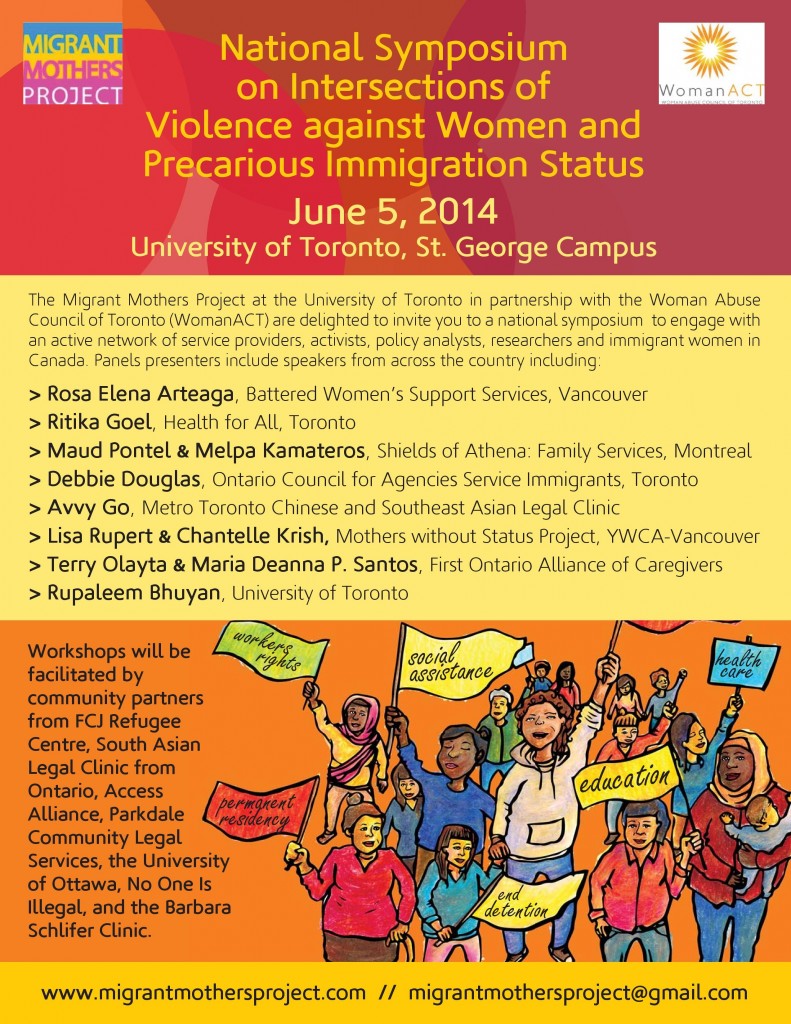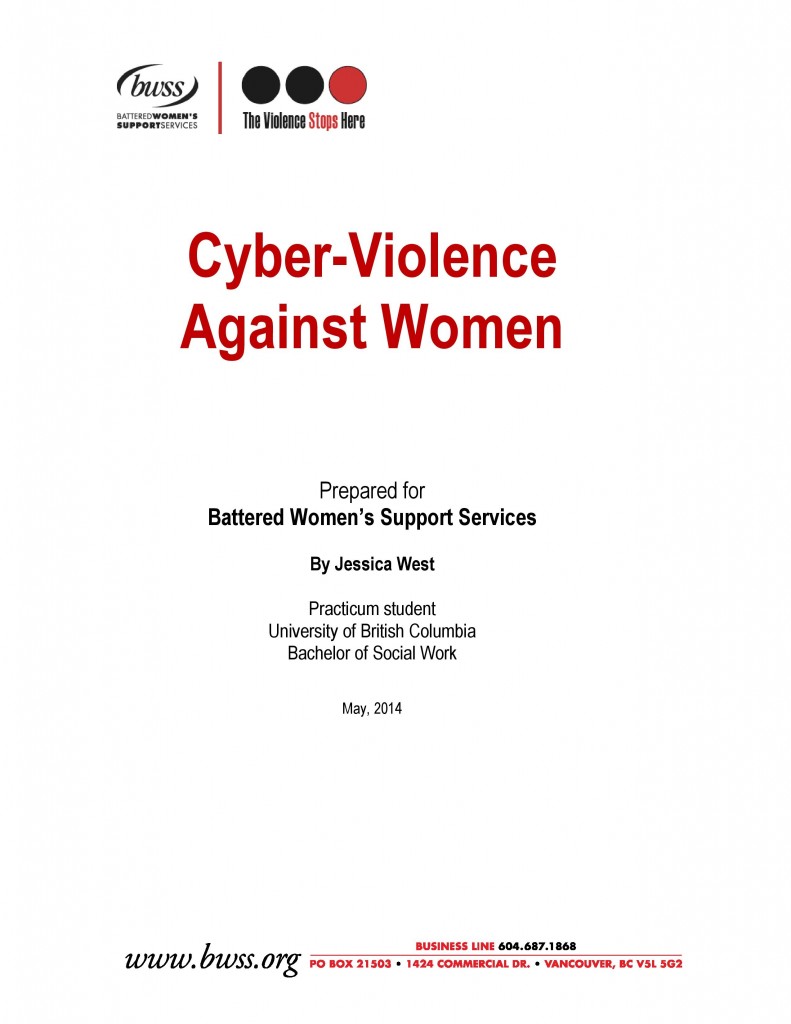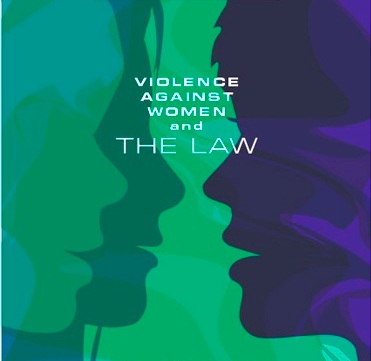Let’s Be Clear Pick-Up Artists = Men Who Contribute to Rape Culture
Nicole* was shopping on Robson street when a man approached her. After a few minutes of harmless conversation, Nicole tried to turn back to what she was doing, but the man insisted and continued to harass her.
“I made it very obvious to him that I didn’t want to talk,” Nicole says. “I backed away from him, I pulled my phone out, I gave him one word answers. And he just kept going on and on. It got to the point where I had to end the conversation.”
Nicole’s experience is far from unique. According to news report of Vancity Buzz, the man who harassed Nicole was part of a “social club”, probably participating in a pick up artists (PUA) bootcamp where they learn how to “pick up” women and share seduction tips with each other. Then they take to the streets to practice the techniques they learned. As our ED Angela Marie MacDougall said in an interview yesterday at CTV News, PUA techniques focus heavily on a steadily escalating process of coercion and many come with an assumption that a man has a right to have sex with any woman he wants.
The male sexual entitlement makes them believe that women owe them sexual favours in exchange for their attention, aggressiveness, or just existing. If he doesn’t succeed in landing a given “catch”, he’s less of a man which puts tremendous pressure on him to seal the deal at all costs. No surprise “no means no” doesn’t appear in neither PUA’s curriculum or dictionary. It teaches men that women are objects to be won, and that when a woman says no, it doesn’t actually mean no.
So many of these tips and indeed much of the terminology are misogynist and directly encourage rape and boundary-crossing behaviour. They are encouraging men to use tremendous pressure to get women to sleep with them. And what if they are denied sex? Overcome “last minute resistance”, for example one of the PUA techniques, with a series of coldly calculated steps intended to get a woman to cave in and have sex. These steps notably don’t include an active solicitation of consent.
When a culture judges its men on what age they first had sex, how many women they have sex with, and the hotness level of their conquests, inevitably some of these men would adopt the attitude that sex without consent is okay. Respecting women would become only a hindrance that has to be overcome no matter what. The structure of such techniques creates the idea that forcing women to have sex is normal, and that pressuring sexual partners is acceptable. As these techniques spread out beyond the PUA community, they become internalized by the rest of society. In the process, they can become increasingly distorted.
It is clear that PUA is a huge contributor to rape culture in our society. These men are participating in a smarmy, objectifying, highly sexist culture that treats women like prizes to be won rather than human beings. Even naming predators’ action of harassment as “pick up artists”, not respecting women’s personal space and their choices, having sex without consent as an “art”, all normalize the unacceptable. And thanks to the normalization of coerced sex, their victims may have difficulty discussing what happened to them, let alone reporting it to authorities who might be able to take action.
If you could do something to end violence against girls and women, wouldn’t you?










